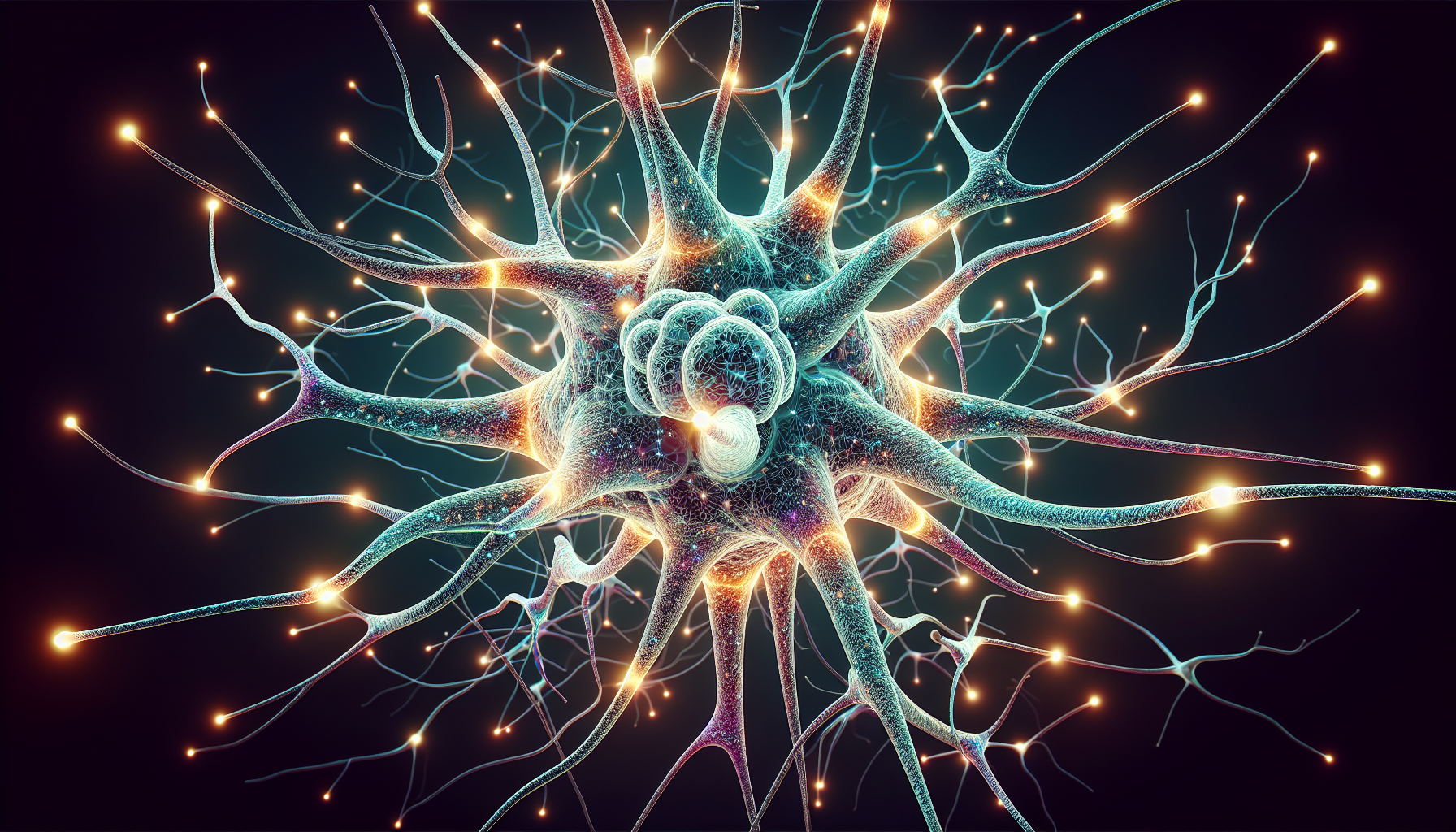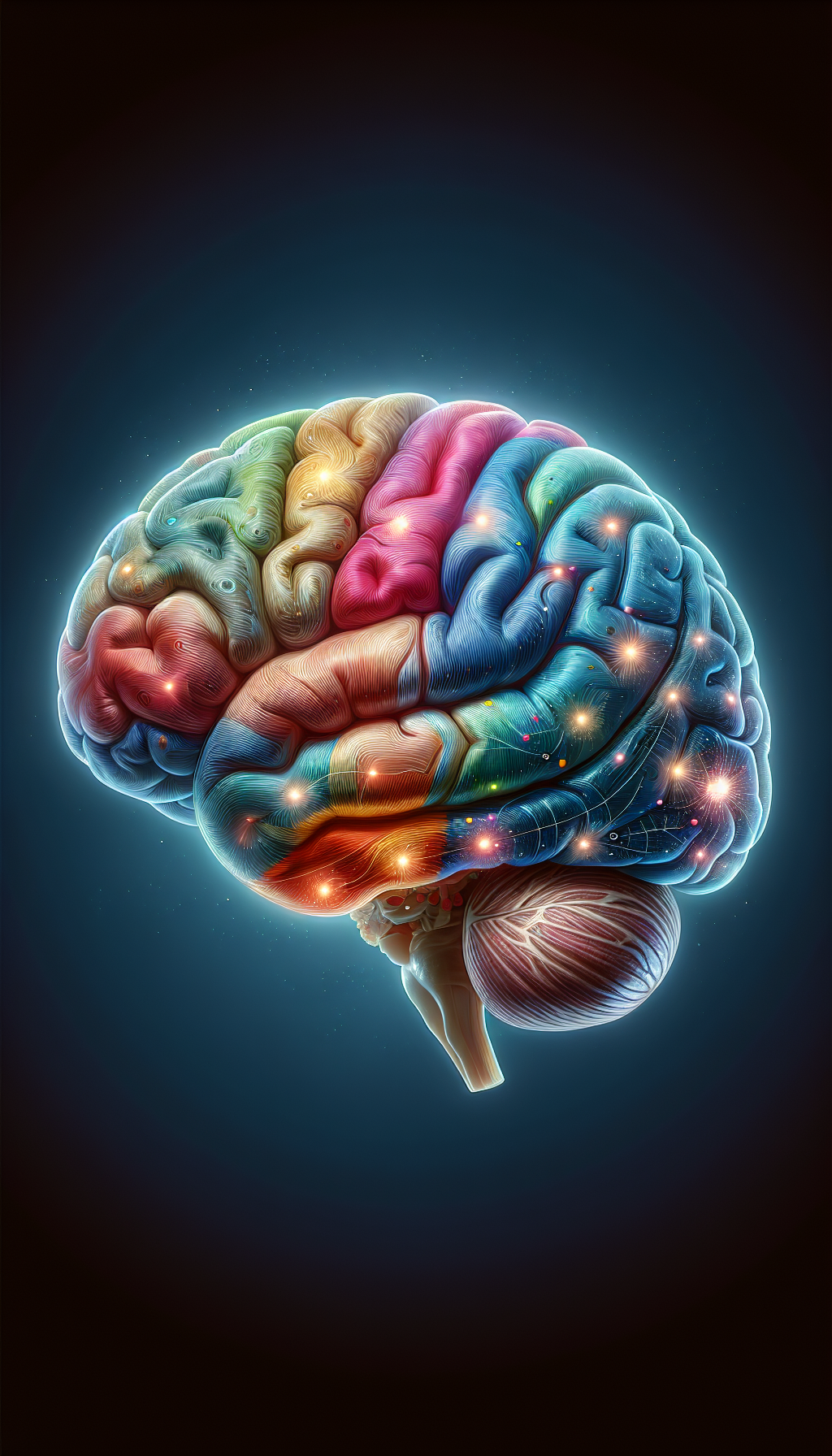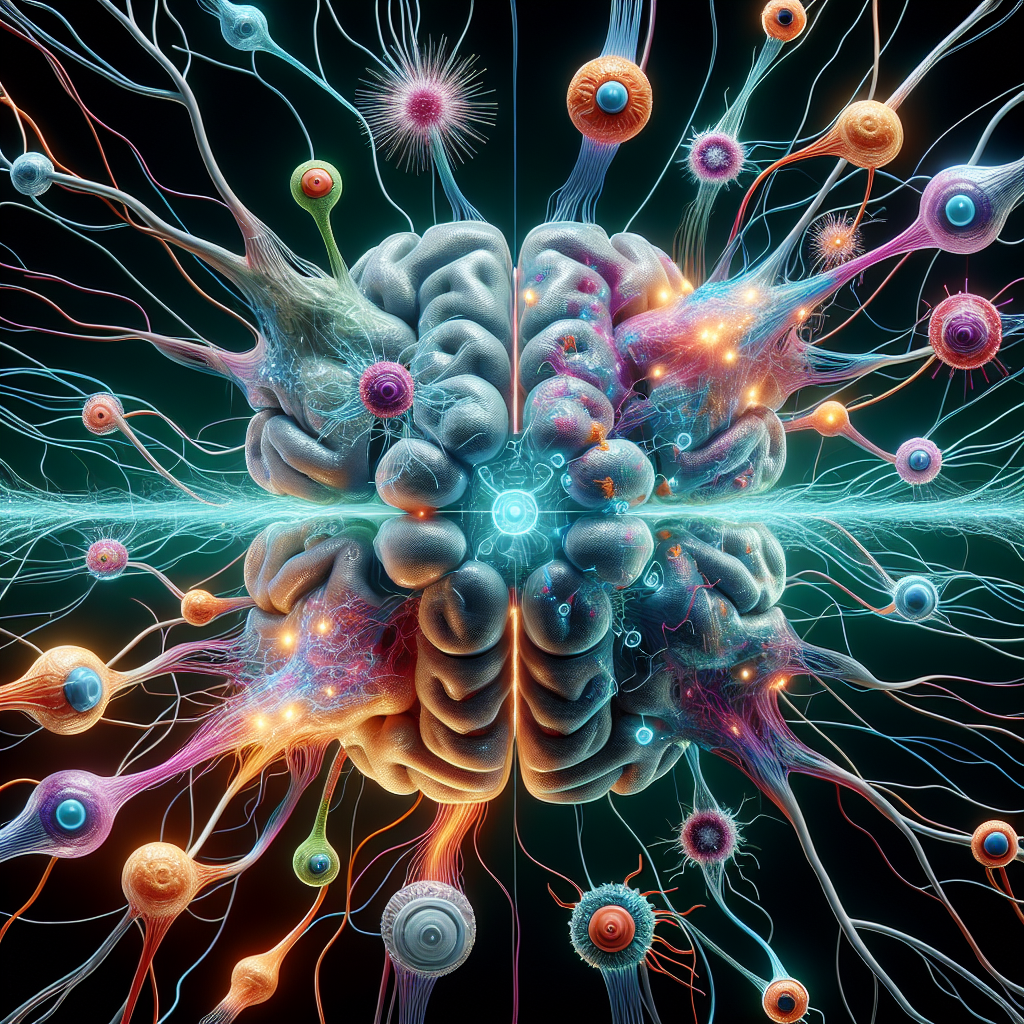The intricate workings of the human brain are a marvel of nature, with its complexity giving rise to our thoughts, behaviors, and emotions. Yet, this delicate organ is highly susceptible to the influences of external substances, notably alcohol and drugs, which can significantly impact its health and functioning. Understanding the effects of these substances is critical for maintaining cognitive well-being and preventing long-term neurological damage.
The Immediate Effects of Alcohol and Drugs on the Brain
Alcohol and drugs can alter brain function in the short term by interfering with neurotransmitters, which are the chemical messengers that allow neurons to communicate with each other. For instance, alcohol is known to increase the release of dopamine, creating a feeling of pleasure and reward but also leading to impaired judgment, reduced coordination, and slowed reflexes.
Psychoactive drugs such as opioids, stimulants, and hallucinogens have varied effects depending on their class. Opioids can produce a sense of euphoria but also cause drowsiness and slowed breathing. Stimulants like cocaine increase dopamine levels rapidly, leading to heightened alertness and energy, but can also result in anxiety and paranoia. Hallucinogens distort perception and mood, which can lead to profound changes in sensory experiences and thought processes.
Chronic Use and Brain Health Deterioration
Chronic consumption of alcohol and drugs can lead to lasting changes in the brain, including neuroadaptation, where the brain becomes reliant on the substance to function normally. This dependency can manifest in the form of tolerance, withdrawal, and craving, ultimately leading to addiction.
Over time, the toxic effects of these substances can culminate in a range of neurological impairments. Alcohol, for instance, can cause Wernicke-Korsakoff syndrome, a serious condition characterized by confusion, memory loss, and eye movement disturbances. Long-term drug abuse can result in cognitive deficits, emotional instability, and even structural changes within the brain.
The Recovery Potential of the Brain
Despite the damage caused by alcohol and drugs, the brain possesses a remarkable capacity for recovery. Neuroplasticity, the brain’s ability to form new neural connections, facilitates recovery from substance-induced damage. However, the extent and speed of recovery can vary significantly based on the duration and severity of substance abuse, as well as individual differences in genetics and overall health.
Supporting Brain Health in Recovery
Recovery from substance abuse involves more than just abstaining from alcohol or drugs; it also necessitates a commitment to nurturing brain health. Engaging in mental exercises, such as puzzles, reading, or learning new skills, can help rebuild cognitive function. Adopting a healthy lifestyle that includes nutritional supplements and strategies to improve concentration and focus can also provide essential support for brain recovery.
The Role of Diet and Exercise
Diet plays a pivotal role in maintaining brain health. Foods rich in omega-3 fatty acids, antioxidants, and vitamins are known to support cognitive function and may help repair damage caused by substance abuse. Regular physical activity is also beneficial, as it boosts blood flow to the brain and encourages the growth of new neuronal connections.
The Importance of Social Support and Therapy
Social interaction and support are vital during recovery. Engaging with friends, family, and support groups can offer emotional support and reduce the risk of relapse. Additionally, therapy and counseling can provide strategies to cope with cravings, manage stress, and address any underlying psychological issues contributing to substance abuse.
Understanding the Wider Context of Brain Health
The impact of alcohol and drugs on brain health cannot be viewed in isolation. It’s essential to consider the broader context, including how factors like stress, chronic conditions, and even environmental influences can affect cognitive well-being. For instance, the effects of stress on brain health and the impacts of hydration on cognitive performance are areas of interest that interplay with substance use and recovery.
External Resources for Further Reading
For those seeking more detailed information on the effects of substance abuse on the brain, several high-quality resources are available. The National Institute on Drug Abuse (NIDA) provides comprehensive research and reports on various substances and their impacts on the brain. The National Institutes of Health (NIH) offers an extensive library of publications on neurology and substance abuse. Additionally, organizations like the American Society of Addiction Medicine (ASAM) offer resources and guidance on addiction and recovery.
Conclusion
The influence of alcohol and drugs on brain health is profound and multifaceted. While the immediate and chronic effects of these substances can be damaging, the brain’s resilience offers hope for recovery and restoration. By combining abstinence with a supportive network, a healthy lifestyle, and professional guidance, individuals can work towards reclaiming their cognitive health and well-being.
As we continue to explore the complex relationship between substance use and brain health, it is clear that education and awareness are key to prevention and recovery. By understanding the risks and adopting strategies to protect and enhance brain health, we can mitigate the negative effects of alcohol and drugs and promote a healthier, more fulfilling life.
For those interested in exploring related health topics, consider reading about brain health, which provides a fundamental understanding of how to maintain cognitive function throughout life.



